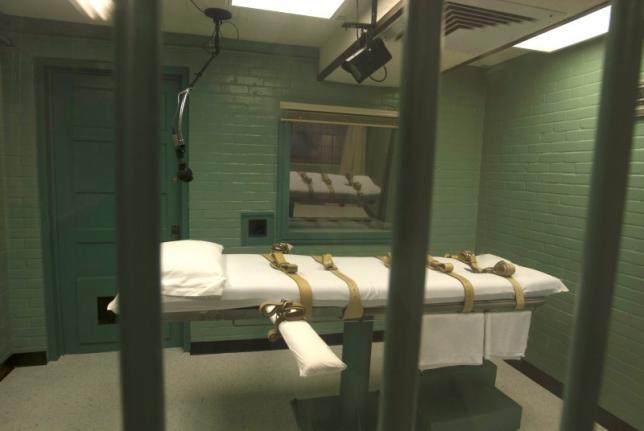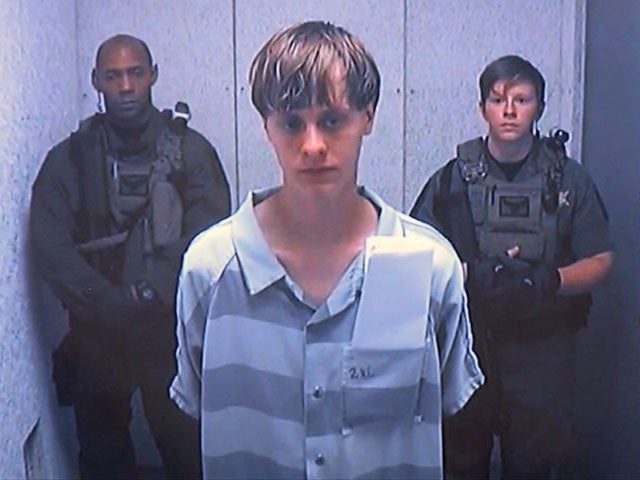US set to execute fewest number of people in 24 years
The death penalty has faced increased opposition from both the left and right

Your support helps us to tell the story
From reproductive rights to climate change to Big Tech, The Independent is on the ground when the story is developing. Whether it's investigating the financials of Elon Musk's pro-Trump PAC or producing our latest documentary, 'The A Word', which shines a light on the American women fighting for reproductive rights, we know how important it is to parse out the facts from the messaging.
At such a critical moment in US history, we need reporters on the ground. Your donation allows us to keep sending journalists to speak to both sides of the story.
The Independent is trusted by Americans across the entire political spectrum. And unlike many other quality news outlets, we choose not to lock Americans out of our reporting and analysis with paywalls. We believe quality journalism should be available to everyone, paid for by those who can afford it.
Your support makes all the difference.Executions in the US are set to hit a 24 year low - the combination of increased opposition to the death penalty and a struggle to obtain the lethal chemicals used to carry them out.
The last two scheduled executions of the year are set to be carried out later this week, with Texas due to put convicted murderer Raphael Holiday to death on Wednesday and Georgia fixed to execute convicted murderer Marcus Johnson on Thursday.
Reuters said that if those two executions go ahead, there will have been 27 executions in the United States in 2015. That would be the lowest number since 1991.

The death penalty, which remains legal in 31 states, has been hit by the left and right in 2015, the news agency said. Court battles and a scramble to secure execution drugs after a sales ban a few years ago imposed by makers, mostly in Europe, have left about eight states, most notably Texas, Florida and Missouri, as those that conduct executions. In 1999, 20 states put people to death.
Last year nationwide, there were 73 new death sentences, and that number is set to drop by at least a third this year, according to the Death Penalty Information Centre.
Oklahoma, one of the most active death penalty states, has put a halt on executions after mistakes in protocols that led to a flawed execution in 2014 and the delivery of the wrong drug to the death chamber this year. In September, officiacls in South Carolina revealed they intended to seek the death penalty for Dylann Roof, the man charged with six nine counts of murder over the shooting of nine church members.
In some states, such as Nebraska, conservatives have spoken out over the high cost of executions, with some studies suggesting that when appeals and investigations are taken into account, the cost of putting someone to death can be at least double those of housing an inmate for life and are usually far higher. Data cited by the Marshall Project, a nonprofit newsgroup that focuses on criminal justice, has suggested the costs can sometimes be twice as high.
Texas and Virginia have instituted changes in the way death penalty cases are taken through courts that have led to decreased prosecutions.
Death penalty advocate Robert Blecker, a professor at New York Law School, said money should not be a factor.
“The death penalty should not be a utilitarian issue in terms of weighing the costs against the benefits, but rather an issue simply of justice, of who deserves it,” he said.
Join our commenting forum
Join thought-provoking conversations, follow other Independent readers and see their replies
0Comments